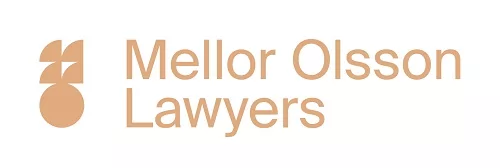It's a topic that no one really likes to talk about, least of all family members with each other- a person's will.
With the large increase in property values in recent years, the value of the assets that people own has, for many people, significantly increased. When someone passes away, these assets become his or her 'estate' and is available to be distributed to other people. A will is a vitally important document as it allows a person to select who is going to receive anything from his or her estate on that person's death.
When a person makes a will, there is a general principle of the freedom of testation- what this means is that a person has the right to decide who inherits what when they die. One issue that we regularly see is that people often think that this principle is iron-clad and once you have a will in place no-one is able to challenge it and your assets will go to whoever you have nominated in your will. That is not, however, the case.
In South Australia, a person may contest a will under the Inheritance (Family Provision) Act 1972 (SA). Under the Act a person can challenge the will if they are an eligible person and they believe they have been left without adequate provision for their proper maintenance, education and advancement in life.
What this means is that in order to protect your estate from a claim you cannot simply 'set and forget'- having a will in place does not preclude someone from challenging that will and trying to claim some or all of the estate.
There are a number of 'red flags' to be aware of that may leave you more vulnerable to a claim under the Act.
One such red flag is a fairly simple one- not accurately understanding what you own and how you own it. Increasingly we come across the situation where a person made a will 20 years prior to his or her death that hasn't been updated to cater for an increase in the value of their estate. For example, the person leaves his or her farm to child A and their residential property with some cash to child B. Now at that time the will was made the division of assets may have been of equal value, but fast forward 20 years and the farm is now worth vastly more than the remainder of the estate. The distribution of the estate is now significantly unequal between Child A and Child B. It is increasingly almost inevitable that Child B will make a claim against the estate for further provision.
Another red flag is where you aren't sure what your interest is in an asset or how you own an asset. For example, if an asset you control is held by a Family Trust, you may be able to pass control of the Trust to a beneficiary under your will but you will not be able to give the asset to a beneficiary. An example of how this scenario can play out undesirably if you are not aware of the ownership of your assets is as follows- your will leaves Child A an investment property that you believe you own but that is actually held by your Family Trust. As you do not own the asset you are unable to leave it to Child A under your will. Child A is therefore left without any provision from your estate and, again, in all likelihood will make a claim against your estate.
The content of this article is intended to provide a general guide to the subject matter. Specialist advice should be sought about your specific circumstances.


